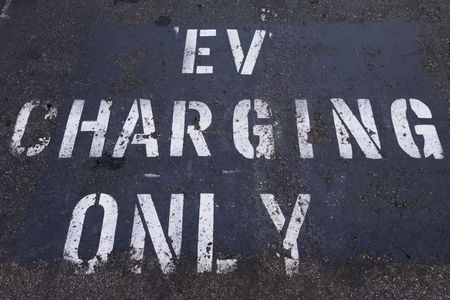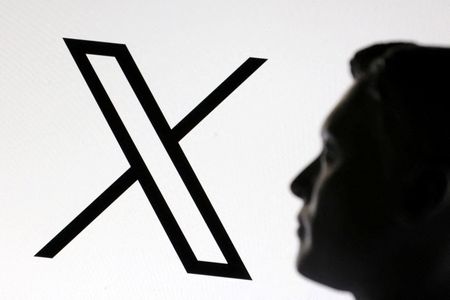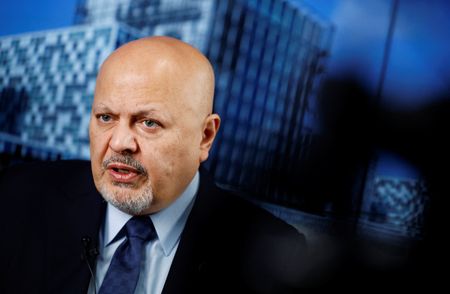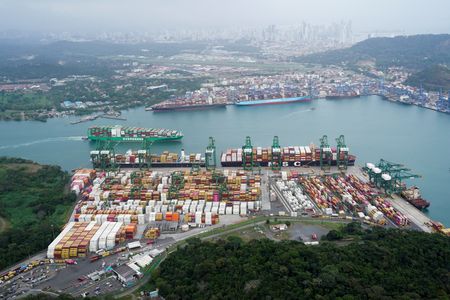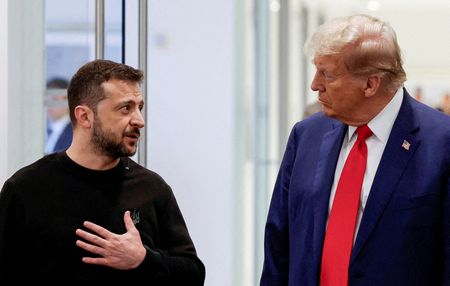By Jacob Gronholt-Pedersen
NUUK, Greenland (Reuters) -Renewed U.S. interest has given a boost to Greenland’s independence movement and strengthened its position in future secession talks with Denmark, according to the country’s leading pro-independence party.
The Arctic island is due to vote on March 11 in an election where independence has become the main topic, following recent statements by U.S. President Donald Trump that Denmark should cede control to the U.S. due to its strategic importance for American security.
“Trump’s comments and the new line from the U.S. administration has definitely given the independence movement here more momentum,” Juno Berthelsen, a candidate in the March 11 election for the Naleraq party, told Reuters.
Naleraq, the most prominent political voice for Greenland’s independence, is campaigning to invoke an article in a 2009 law that granted Greenland increased autonomy, including the right to negotiate full independence.
Once invoked, Greenland will begin negotiations with Denmark, which provides annual grants vital to Greenland’s economy. Any agreement will require approval by the Danish parliament and a referendum in Greenland.
“The interest that we’re seeing is a good thing for Greenland in terms of negotiating with the Danish state,” Berthelsen said.
Most Danes consider Greenland to be an important part of Denmark but also think Greenland should be free to decide its own future, according to poll of 1,000 adults in Denmark conducted January 31-February 4 by research firm Ipsos. Some 62% of the poll’s respondents said Greenland was important Danish territory and 77% backed self-determination for the island. Seventy-nine percent said they were opposed to Denmark selling Greenland to the United States.
On Thursday, Greenland’s ruling Siumut party, which previously viewed independence as a long-term goal, said it seeks to hold a vote on independence following next month’s general election.
Trump’s comments have triggered a political crisis in Copenhagen, where the government has admitted to long neglecting Greenland’s defence. Last week, Danish lawmakers agreed to allocate around $2 billion to enhance its military presence in Greenland.
In recent years, revelations of misconduct by Danish authorities in Greenland have also strained ties.
Naleraq, which currently holds five seats in Greenland’s 31-seat parliament, plans to conclude negotiations with Copenhagen and hold a referendum before the next election in four years.
As an independent state, Naleraq would pursue a defence agreement with the U.S. and a so-called “free association” with Denmark or another country, possibly the U.S., Berthelsen said.
Greenland was a Danish colony until 1953, when it officially became part of Denmark. It gained more autonomy in 1979 with the establishment of its parliament, and received broader autonomy in 2009.
“It’s about time that we move on and see that independence is the way forward for the Greenlandic people, because we’ve been waiting for a long time for it,” said Berthelsen.
(Reporting by Jacob Gronholt-Pedersen; Additional reporting by Jason Lange in Washington; Editing by Alistair Bell and David Gregorio)



